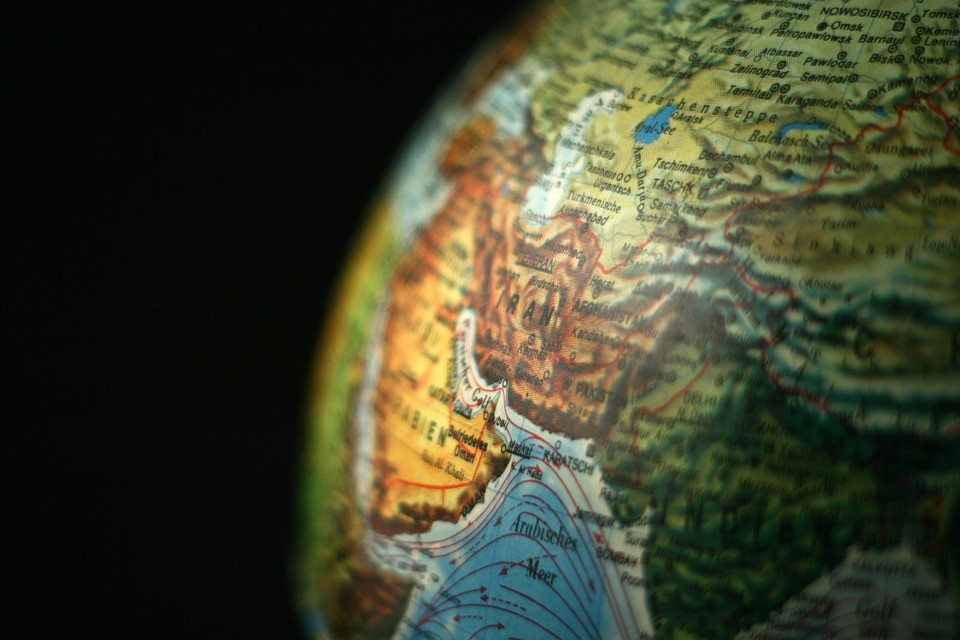Iran and Russia may be preparing for a formal alliance after their latest cozying up session.
As Moscow pivots toward Asia, Tehran simultaneously is tilting toward Eurasia. The Christmas Day 2023 bilateral meeting resulted in “unprecedented” military sales of surface-to-surface ballistic missiles and “unparalleled” cooperation between the two countries. It concerns American military analysts in Washington who say that a new interstate treaty, directed at their shared opposition to the collective
West, will shape the two states bilateral relationship for several years.
“The expanding military cooperation is part of a broader geopolitical alignment between Iran and Russia,” says Emil Avdaliani of
the Eurasia Daily Monitor. At the Supreme Eurasian Economic Council’s Christmas Day meeting in St. Petersburg, Russia, its members signed a Free Trade Agreement between the Eurasian Economic Union (EAEU)and its Member states, on one part, and the Islamic Republic of Iran, on the other. It will lead to further cooperation in a
wide range of sectors, according to the EAEU. It also is an indication that it is unlikely for a rapprochement between Tehran and the West in the near future.
Last week, according to the publication Ukrainska Pravda, reports starting surfacing saying that Iran has supplied Russia with almost 400 surface-to-surface ballistic missile (Fateh-100 family design) that can travel several hundred kilometers. That means Putin’s forces can attack all parts of Ukraine’s infrastructure from inside Russian territory.
Following Russia’s invasion of Ukraine 24 months ago, Iran and Russia have expanded their ties. Last month’s announcement concerning the sale of Fateh-100 surface-to-surface missiles is an indication that the two countries are establishing a “new type of bilateral military relationship,” says Avdaliani.
Previously, Tehran was more cautious fearing a backlash from the United States and the European Union that could result in a re-imposition of UN sanctions. Last October the UN arms embargo on Iran
expired. It can now legally export missiles to Russia or import military technology int Iran. Second, the Islamic Republic may be supplying the missiles in reaction to Ira’s deteriorating position with the collective West.
The third consideration for Tehran is the war in Gaza. It is treading carefully as it knows Washington is supporting Israel and wants to avoid the Biden Administration’s criticism of Iran’s involvement.
“Two primary considerations likely played a role in Iran deciding to send missile exports to Russia. First, Iran stands to receive significant profits from the transfer,” says Avdaliani. The money could be used to
offset the impact of previous Western sanctions. Second, he suggests, is that Iran may recognize Russia’s increased need for ballistic missiles and, in exchange, no longer refuse to provide Iran with the type of
military it has long needed.
Iran and Russia have a number of active military transfer agreements. Tehran supplies Moscow with drones built in Central Asia and last summer agree to establish a join drone production in Russia,
Ekonomichna Pravda reports. Although denied by Iran, at the end of November, it received operational ready Yak-130 combat trainer aircraft and acquired a number of Su-35 Russian fighter jets along with
Mi-28 attack helicopters. Western intelligence sources believe the deals occurred as part of exchange for Iran’s support of Putin’s war in Ukraine. The Cradle, a journalist-driven publication covering West Asia, reports that rumor has it the recently signed interstate agreement will culminate in a 20-year deal to expand military, economic and political ties between Russian and Iran and, in effect, realign geopolitics in the region. The move to a more formal alliance, which is expected in the coming months,
will be a clear indication to democratic nations that Iran has no intention of rapprochement on the nuclear issue or continuing any effort at concerted cooperation with the collective West. “Iran’s
strategic vision is entirely in line with its pivot to Asia,” concludes Avadliani.
Dari Novak served in the U.S. State Dept.
Illustration: Pixabay
